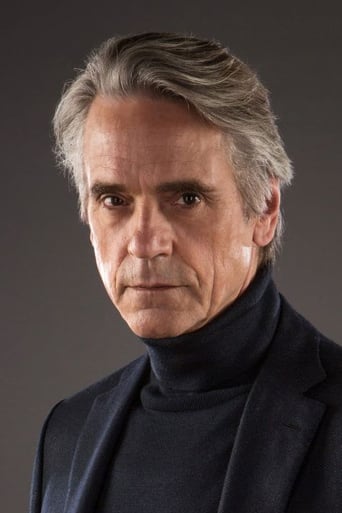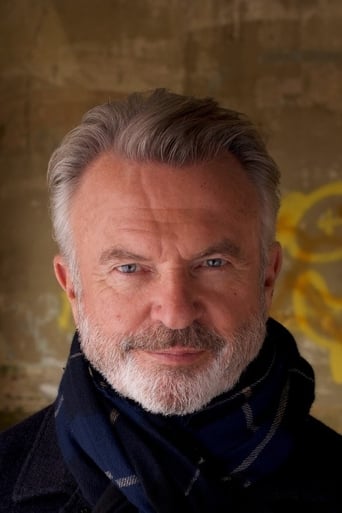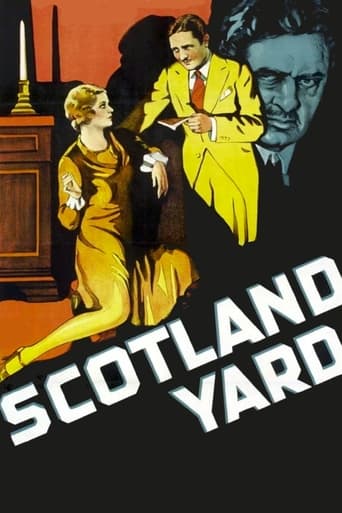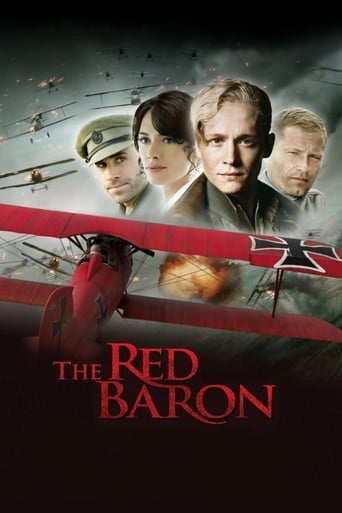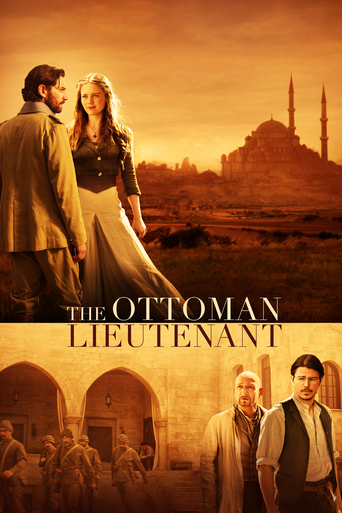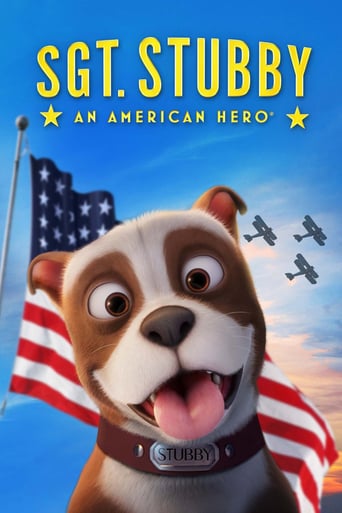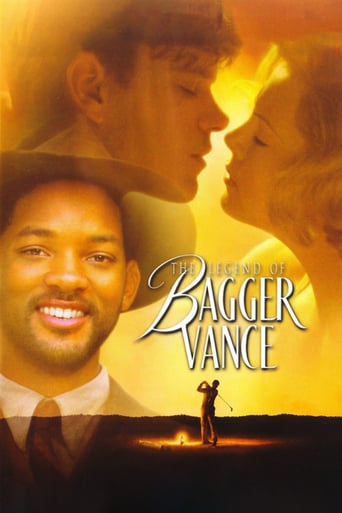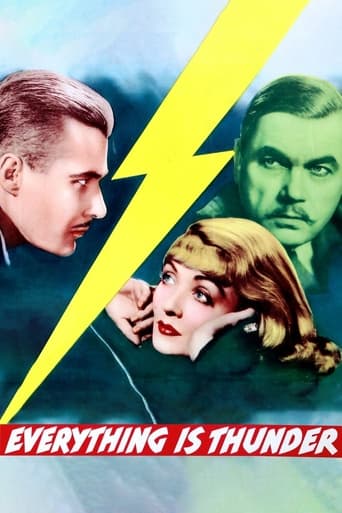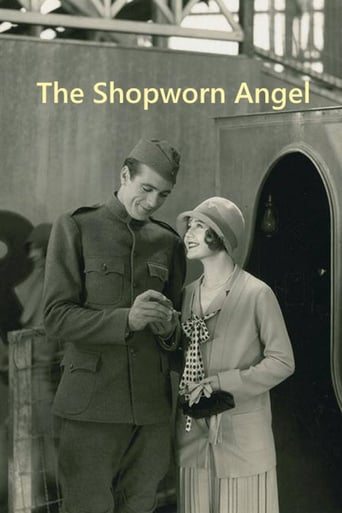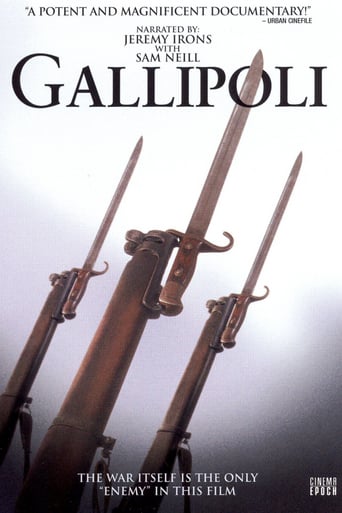
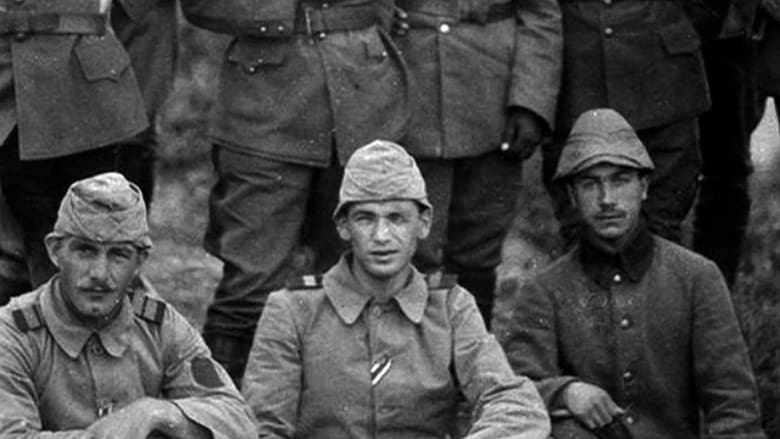
Gallipoli (2005)
The Gallipoli campaign of World War I was so controversial & devastating, it changed the face of battle forever. Using diaries, letters, photographs and memoirs, acclaimed director, Tolga Ornek, traces the personal journeys of Australian, New Zealand, British and Turkish soldiers, from innocence and patriotism to hardship and heartbreak.
Watch Trailer
Cast
Similar titles
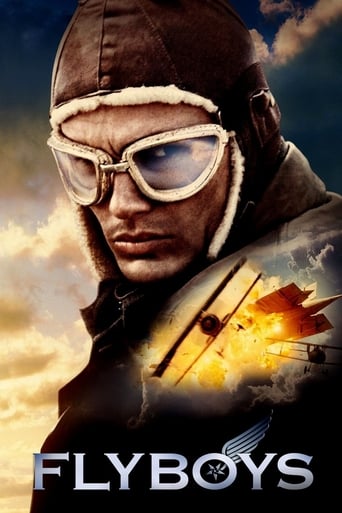
Reviews
If you don't like this, we can't be friends.
Although it has its amusing moments, in eneral the plot does not convince.
A great movie, one of the best of this year. There was a bit of confusion at one point in the plot, but nothing serious.
Through painfully honest and emotional moments, the movie becomes irresistibly relatable
The Allied invasion of and campaign in Gallipoli, Turkey, during World War 1. Shows both sides of the conflict.Reasonably interesting. Accurately shows the history of the Gallipoli campaign, from both sides. Also does a fairly good job of covering the British and French fronts in the campaign - most documentaries concentrate on the ANZAC (Australian and New Zealand) front, to the point of ignoring the Helles lines. A bit flat though. Doesn't really cover anything new. By showing the human side of the conflict, and smothering the film in melodrama and human tragedy, much of the military tactics and detail are missed. While a soldier's-view perspective is always welcome, it shouldn't overwhelm the movie to the point that the actual bigger picture is missed.Jeremy Irons's sombre tone doesn't help either. Yes, it lends gravitas to the proceedings but it also makes the whole thing feel a bit dull. Overall, worth watching if you know nothing about the Gallipoli campaign. Those viewers with a decent level of knowledge can take it or leave it.
Without putting much thought to it, I'd always believed that the toughest part of the Gallipoli campaign was landing on the beach, but this documentary makes it clear that, however bungled those landings were, much worse was to follow.Gallipoli is in what is now Turkey, a narrow peninsula guarding the Dardanelles, the narrow straight that led from the Mediterranean Sea to the Ottoman Empire's capital at Istanbul and, oh, how the Allies wanted to conquer and occupy Istanbul.Maybe I'd better back up. Kids, this is World War I we're talking about. (That's the one that came before World War II.) Great Britain, France, and later the United States, fought against Germany, Austria-Hungary and Turkey. There were a lot of little countries involved as well. The Ottoman Empire, centered in Turkey, was crumbling. It had been crumbling for years. That's what the Crimean War was all about. That was in 1859 and -- well, forget it.Here's how the Allied thrust against Istanbul began. A powerful British fleet showed up and began to shell the Turkish forts. The idea was to make such a demonstration of power that the Turks would throw up their hands and immediately surrender. The Turks might even be happy to be liberated. Instead, they sank a couple of battleships and drove the fleet off. The Allied leaders were irritated and reluctantly decided they'd have to send troops ashore. They did so at Gallipoli and the attempt failed. No, it didn't just fail. It was a bloody calamity.This film gives us all the misery of the trenches at Gallipoli. Structurally, it resembles Ken Burns' splendid series on the American Civil War. There are still photographs, motion pictures, talking heads, contemporary location photography, and letters from the troops. But, within the strictures set by time, it lacks the fullness of Burns' quotidian detail. Also like Burns' film, it doesn't really provide enough maps. When the 4/15th attacked Hill 1870, I didn't know who was where or what the objective was.It's possible that some of the commanders didn't know either. World War I was fought during a period of extreme social-class bifurcation. There was the officer corps and then there was everybody else. As a commander, if I lost 10,000 men and you lost 11,000 men, I won.And the director, Tolga Ornek, doesn't shy away from professional disinterest in the men's welfare. The Australin/New Zealand soldiers were order to charge across a field that was covered by Turkish machine guns. The first wave failed. So a second wave was ordered. When that failed, a third and then a fourth wave was ordered. Hundreds of soldiers were shot down and killed and many more wounded in an area the size of a tennis court.Even in their own lines men were catching diseases or dying from them. The fields were littered with rotting corpses. There was no sanitation. The latrines were boxes or holes dug into the sides of the trenches. The flies would be feasting on a putrefying body one minute and landing on your open can of bully beef the next.But then the entire war, like all wars, was rather like a disease that periodically breaks out in epidemics. A documentary like this fills us with pity for all the suffering. "War is all hell," as General William Tecumsah Sherman said. It's not only tragic but, as the film illustrates, positively melancholy. And then we begin to gear up for the next one. Those ubiquitous flies.I'm happy to report that this documentary hasn't succumbed to the faddish use of lightning-quick editing, reverse negatives, a cascade of computer-generated special effects, or glitz in any form. It's a straightforward depiction of the Gallipoli campaign, with a greater emphasis on the personal rather than the military aspects.
dramatic art about soldiers who died for the greed of their country.died as a result of trying to conquer a countrysome facts about this movie:this is not an neutral documentary. the story about sentimental and subjective narrations of the soldiers is great / fantastic!but i think the whole movie cast the light on the countries which attacked a foreign country.the audience is totally directed to have mercy with the attackerswatch the film and make your own opinion
There is an interesting split in the voting for this movie (at the moment at least). Those who go expecting a documentary are impressed, or at least not disappointed. I anticipate that those giving the film 1 out of 10 are those who expected a war movie or a re-enaction of the invasion of Gallipoli.So - if you want to see actors, gunfire and gore, this film will not suit you. If you want to see an independent documentary about Gallipoli, without bias towards any one side (the only enemy in these events was the War itself) then you'll come away both impressed and sobered. I found it a very moving film, and even quite liked Captain Guy Nightingale by the end.
